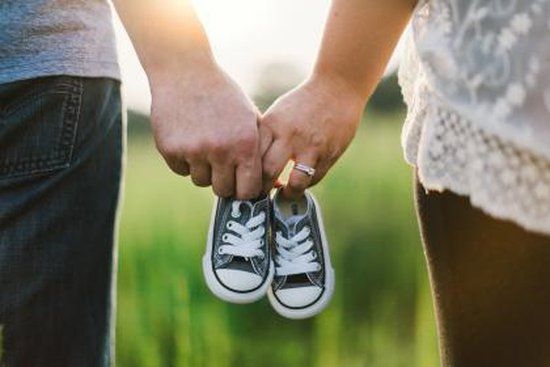If you’ve already had a healthy baby, and are looking to have another child, it’s natural to assume that you’ll get pregnant with no problems, just as you did before.
However, did you know that infertility can strike even when you’ve successfully conceived before? Being unable to get pregnant again, even if you’ve already got a child, is called secondary infertility.
So why might you need help to get pregnant, when you didn’t before? The main causes of secondary infertility are the same as primary infertility, whether it’s issues such as sperm disorders, or fallopian tube damage.
But why would this suddenly happen? It’s possible there may have been underlying health issues all along, which luckily didn’t stop you getting pregnant before. These can include ovulation disorders such as Polycystic Ovarian Syndrome (PCOS), Pelvic Inflammatory Disease (PID), fibroids or uterine adhesions, which can be caused by previous surgery such as a C-section.
Or, perhaps you’re now older – fertility decreases with age, from age 30 and then more rapidly if you’re over 35. So, women having their second child later in life may have problems conceiving.
Your diet and lifestyle could also be a factor, such as smoking or excessive drinking, which you might not have been doing last time you were trying for a baby.
In some cases, there is no known explanation for secondary infertility. Just as there’s often no explanation for the estimated 20% of couples who suffer from unexplained primary infertility.
The main advice is to seek help sooner rather than later. If you’ve not got pregnant again, after a year of regular, unprotected intercourse (regular means trying every two to three days in your cycle, especially around the time of ovulation), then both you and your partner should see your GP, who can conduct tests to identify any underlying cause.
This is especially important if you’re over 35. Early diagnosis and treatment can increase the chances of success for older couples, so don’t wait a year – seek help after six months or so.
Above all, don’t be afraid to get help. Just because you’ve had one child with no problems, doesn’t always mean it’s going to be straightforward everytime. We see many couples at Manchester Fertility who need help getting pregnant again.
You can request a referral to us from your GP. Click here to download a letter.
Last updated: 20th January 2020




